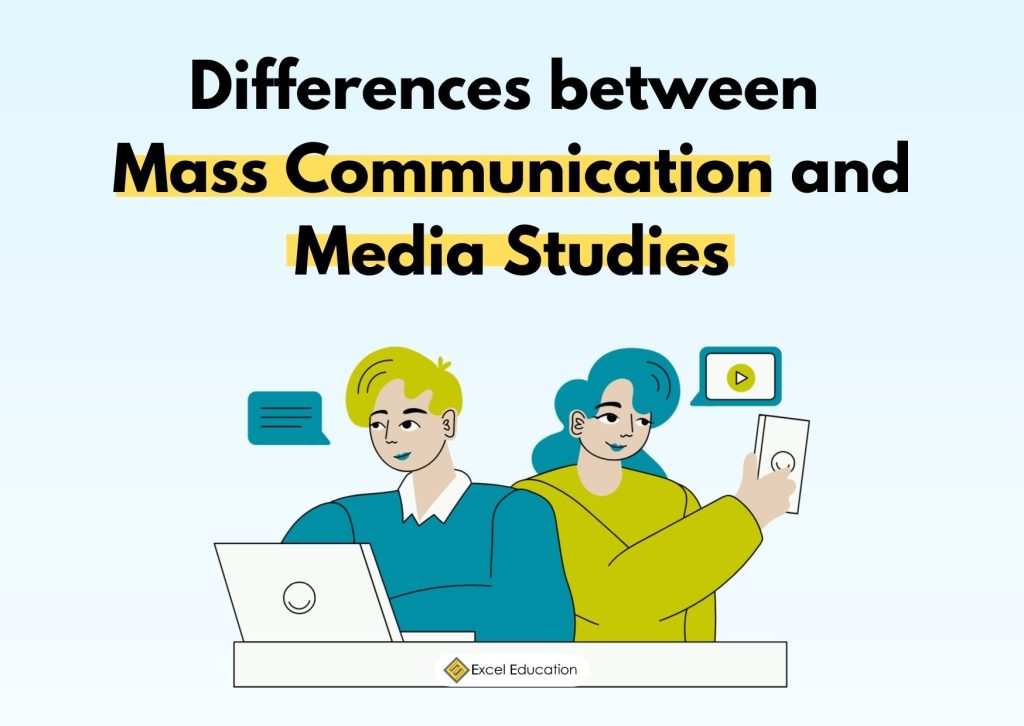
What are Mass Communication and Media Studies?
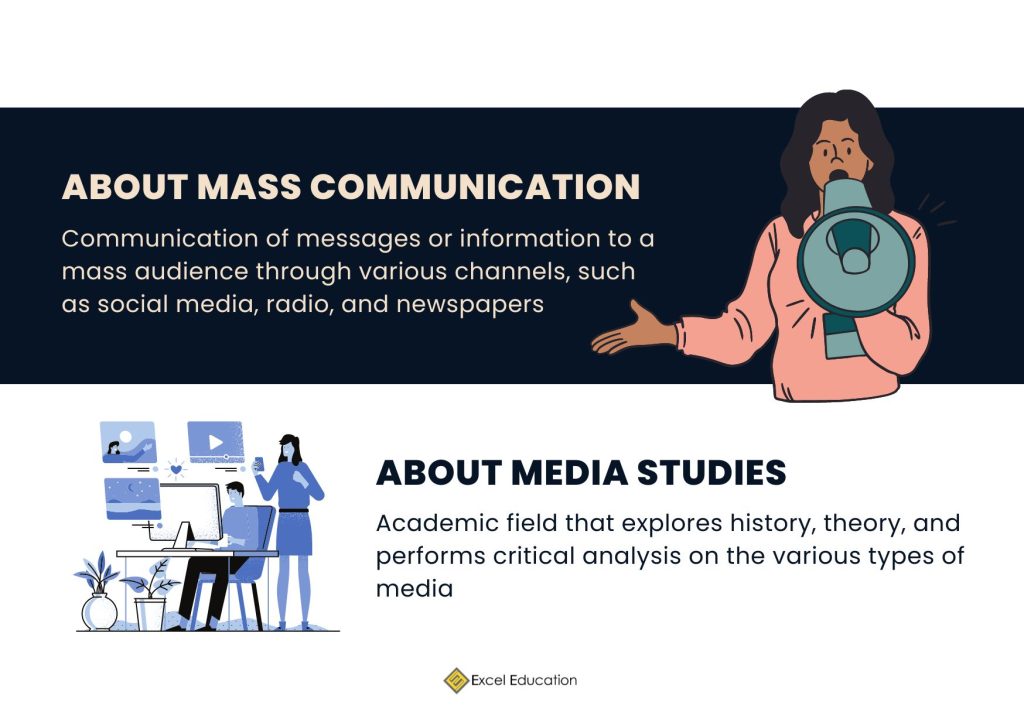
Have you ever come across such a question – are Mass Communication and Media Studies the same? Well, let us tell you whether these two areas of study are the same or different.
Looking at the names themselves, both Mass Communication and Media Studies give us the impression that these two courses are related to communication. Yes, in some way, both are related to each other, but at the same time, both courses have distinctive differences based on the nature of the syllabus.
Mass communication refers to the communication of messages or information to a mass audience through various channels, such as social media, radio, and newspapers. To disseminate the messages to the audience, it involves using different mediums to do so. In today’s era, Mass Communication is one of the most popular subjects for students, following its dynamic nature, where graduates of this field will constantly evolve to meet the changing world landscape.
Some of the most common majors in Mass Communication include journalism, advertising, public relations, broadcasting, digital media, and more. By studying Mass Communication, it equips the students with the skills and knowledge to create and disseminate content that informs, entertains, and engages the audience.
Media studies, on the other hand, is an academic field that explores history, theory, and performs critical analysis on the various types of media, including print, broadcast, digital, and interactive media. It investigates the role of media, how media is shaping or influencing the audience’s thoughts, be it from a cultural, political, or social perspective.
Media Studies also focuses on how media technologies are evolving over time and what the impacts are on society. Media Studies encompasses a broad range of disciplines, such as communication studies, film studies, journalism, advertising, public relations, and digital media (which is pretty similar to Mass Communication). It generally puts more emphasis on the study of media content, processes, reception, and consumption, as well as the impact of media on the audience.
So, if you want to know the difference between these two and choose the right option for you, all you need to do is just keep reading!
Difference between Mass Communication and Media Studies

While both Mass Communication and Media Studies belong to the same family, here are the 5 distinctive differences that set them apart.
Mass Communication | Description | Media Studies |
Broader fields that focus on studying the various forms of communication channels | Scope | Specialised fields that focus on studying the role of media and its impact on the audience |
Practical and applied approach that strives to develop the skills needed for the various forms of media | Approach | Theoretical and critical approach that stresses analysing and interpreting media impacts |
The creation and dissemination of the communication to the intended audience | Focus | How the audience makes representations to the communication and how it shapes the value and belief |
Focus on the normal courses like Public Relations, Journalism, or Broadcasting that put great emphasis on the creation and execution of communication | Curriculum | Include courses like media theory, media history that provides the students with an overview of the power of media |
Numerous career options are available in a variety of fields and industries | Career paths | Specialised career options such as media analysis, researcher, or media literacy |
Mass Communication and Media Studies Skills Required
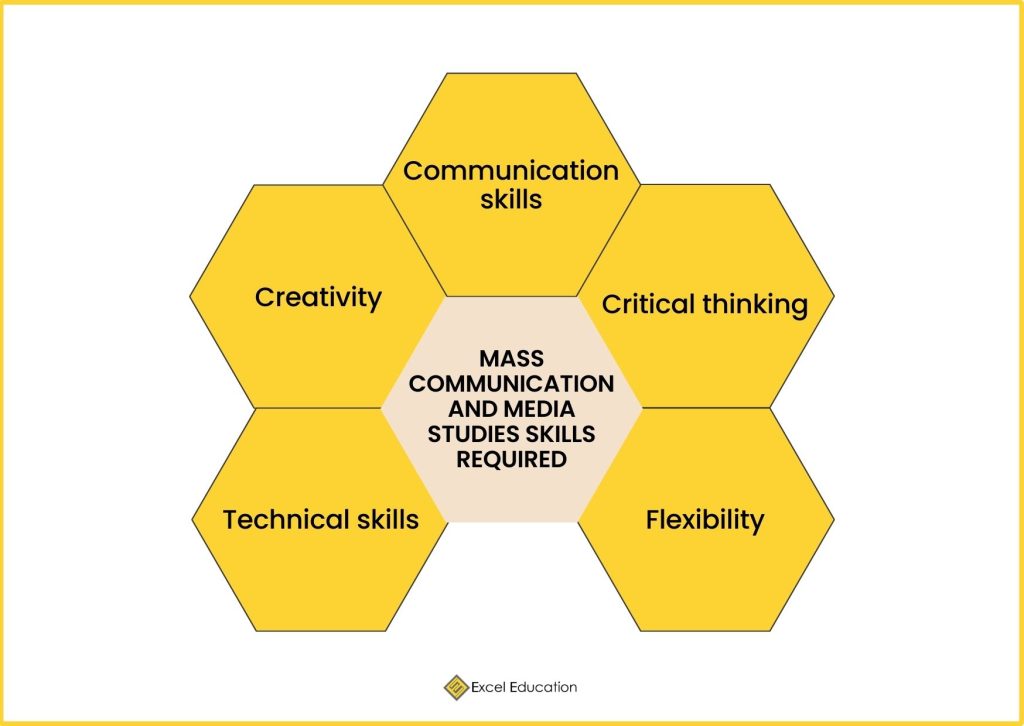
Here are 5 must-have skills that are needed for a career in Mass Communication and Media Studies:
1. Communication skills
As the name suggests, this field is all about communication, so communication skills are the forte that you need to master. For example, you need to speak confidently and articulately, write clearly and accurately, and listen actively.
2. Creativity
Mass Communication and Media Studies involve developing engaging content that resonates with the intended audience. This requires a certain level of creativity and the ability to come up with ground-breaking and wow ideas every now and then to keep up the industry standards.
3. Critical thinking
Having a creative mind is not enough in this field. Being able to analyse and decipher information is a plus that will set you apart from the others. Critical thinking skills allow you to make informed decisions and produce high-quality work.
4. Technical skills
In addition to communication and creativity, this field also requires some sort of technical skill. These may include proficiency in creative software such as Adobe Creative Suite or Final Cut Pro, as well as an understanding of the different social media platforms and other digital tools.
5. Flexibility
The media landscape is changing, and there’s always something new for us. So, it’s very important for us to remain flexible and adaptable to changes and new technologies. Being open to learning and willing to try new things is essential in this field.
Mass Communication and Media Studies in Malaysia Entry Requirement
Following are the general entry requirements to study Mass Communication and Media Studies:
Academic Entry | Minimum Score |
Foundation | CGPA 2.00 |
Diploma | CGPA 2.00 |
STPM | CGPA 2.00 |
UEC | 5 Bs |
A-Levels | 8 |
Australian Matriculation (ATAR) | 65 |
IB Diploma | 24 points in 6 subjects |
Note: Universities may have different requirements. To learn more, get in touch with us!
Entry Level | Minimum Score |
IELTS | Band 5.5 |
MUET | Band 3.0 |
TOEFL | 79 |
Note: Universities may have different English Language requirements. To learn more, get in touch with us
Universities to Study Mass Communication and Media Studies
1. Monash University Malaysia

Monash University Malaysia is a full-fledged international campus of Monash University, a leading Australian university. Located in Bandar Sunway, Monash University Malaysia offers a wide series of undergraduate and postgraduate programmes in many disciplines. You name it, they have it. The campus is a small melting pot to a diverse student community from over 70 countries and boasts world class facilities, including tech-equipped lecture halls, research labs, libraries, and recreational spaces. The university strives to provide a comprehensive education and prepare students for successful careers in the global workforce.
Programme Offered | Bachelor of Digital Media and Communication |
Duration | 3 Years |
Intake | February, July, October |
Indicative Fees (2023) | Local Students: RM117,000 |
Contact us right now for a free consultation if you’d like more details about the costs, the format of the programme, and the entry requirements!
2. INTI International University and INTI International College
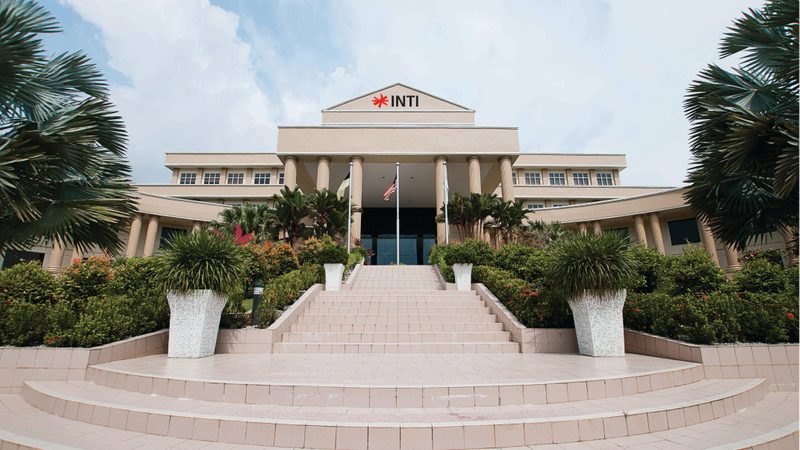
INTI International University and INTI International College pride themselves in their innovative and collaborative approach through a holistic teaching and learning management system and strong collaboration with global industry leaders that prepare students for the real working world. Through the Canvas Learning System, students can experience a transparent, real-time collaborative platform for academic excellence while equipping students with the most sought-after skills in the 21st Century.
Programme Offered | Duration | Intake | Indicative Fees (2023) |
Diploma in Mass Communication | 2 Years | January, April, May August | Local Students: RM34,482 – RM41,940 |
Diploma in Digital Media | 2 Years | January, April, August | Local Students: RM40,884 – RM45,416 |
Bachelor of Mass Communication (Hons) | 3 Years | January, May, August | Local Students: RM68,786 |
Bachelor of Media and Communication (3+0) | 3 Years | March, July | Local Students: RM69,725 – RM86,900 |
Contact us right now for a free consultation if you’d like more details about the costs, the format of the programme, and the entry requirements!
Do take note that the intake and fees for the above programmes vary depending on the campus. For more information, please contact us.
3. UOW Malaysia KDU University College

UOW Malaysia KDU University College has been offering quality higher education to Malaysians for a long time and is now part of the global network of the University of Wollongong Australia. The university is committed to becoming a top provider of higher education in Malaysia by integrating UOW’s internationally acclaimed teaching programmes and targeted approach to student learning. This will be highly beneficial to students, as it will help them to grow into global citizens and industry-ready professionals.
Programme Offered | Duration | Intake | Indicative Fees (2023) |
Diploma in Communication and Media | 2 Years | January, March, May, July, September, October | Local Students: RM45,630 |
Diploma in Mass Communication | 2 Years | January, March, May, July, September, October | Local Students: RM37,852 |
Bachelor of Communication (Hons) | 3 Years | January, March, May, July, September, October | Local Students: RM74,250 |
Contact us right now for a free consultation if you’d like more details about the costs, the format of the programme, and the entry requirements!
4. IACT College
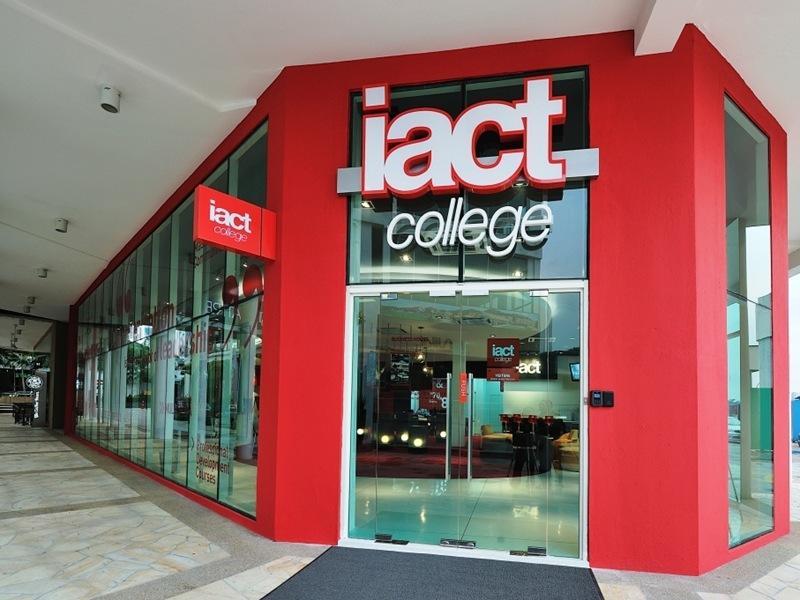
IACT College, established in the 1970s, is a leading provider of creative communication education that aims to develop students’ critical and innovative thinking skills. Through its partnerships with international institutions, IACT College provides a diverse range of programmes in advertising, broadcasting, film, graphic design, mass communication, media studies, and public relations, including pre-university, university, and professional courses.
Programme Offered | Duration | Intake | Indicative Fees (2023) |
Diploma in Mass Communication | 2.5 Years | January, April, June, August | Local Students: RM41,000 |
BA (Hons) Media, Culture & Communication | 3 Years | January, June, August | Local Students: RM71,000 |
BA (Hons) Mass Communication (2+1) | 3 Years | January, March, August | Local Students: RM42,000* |
BA (Hons) Media Communication (2+1 / 1+2) | 3 Years | January, March, August | Local Students: RM42,000* |
Contact us right now for a free consultation if you’d like more details about the costs, the format of the programme, and the entry requirements!
5. Curtin University Malaysia
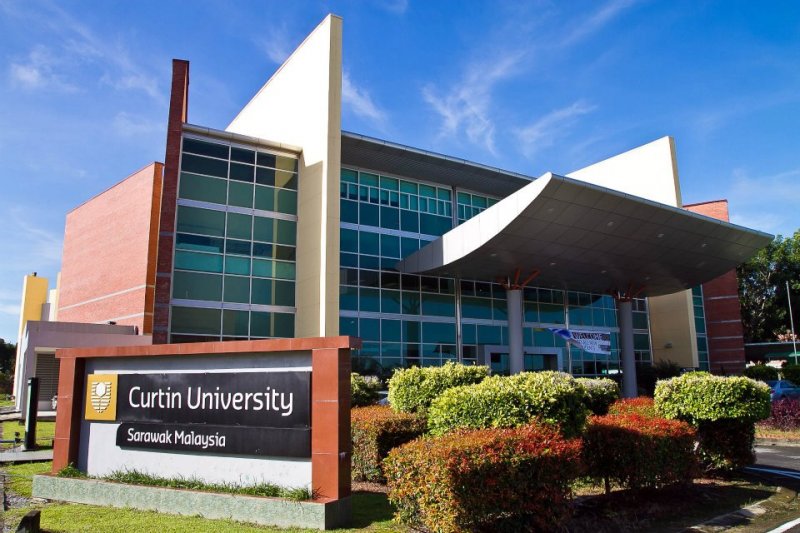
Curtin University Malaysia is the Malaysian campus of Curtin University, an Australian university. It was established in 1999 in Miri, Sarawak, as Curtin University of Technology Sarawak Campus and soon got renamed in 2014. Curtin University Malaysia provides a range of undergraduate and postgraduate courses across various fields, including engineering, science, business, and humanities. The campus is known for its strong research focus and has established research centres in areas such as oil and gas, sustainability, and health sciences.
Programme Offered | Duration | Intake | Indicative Fees (2023) |
Diploma of Media Studies | 2 Years | March, July, October | Local Students: RM31,350 |
Bachelor of Communications -BA (Curtin) – BComms | 3 Years | February, July | Local Students: RM67,200 |
Contact us right now for a free consultation if you’d like more details about the costs, the format of the programme, and the entry requirements!
For more information regarding the university, programs offered, entry requirements and fees, contact Excel Education.
Recommended Articles to Read
About The Author

Eric Chooi
A passionate and inquisitive writer, always looking for new ways to write. If you don’t see him writing, maybe he is hunting for some good food!

